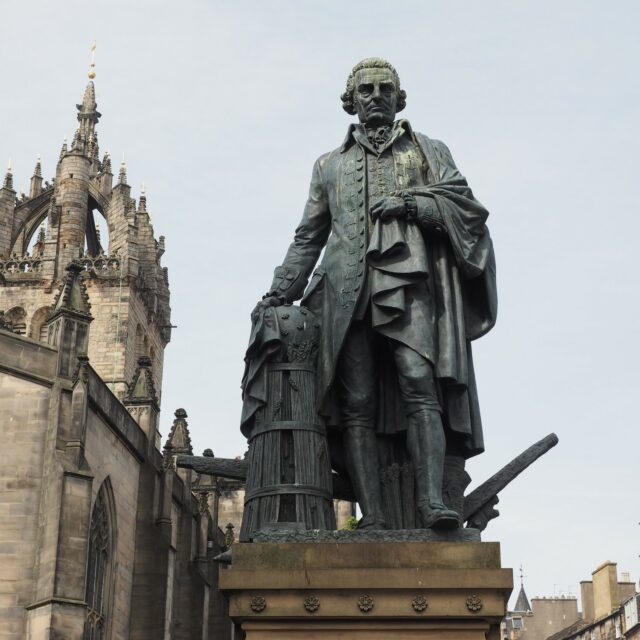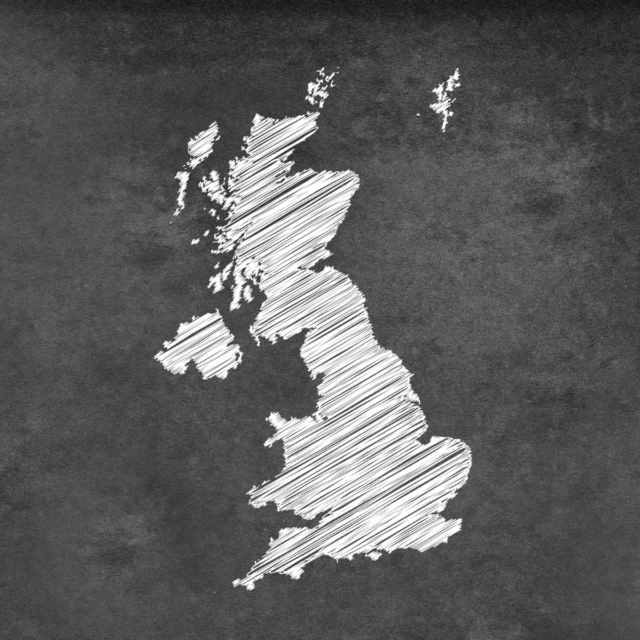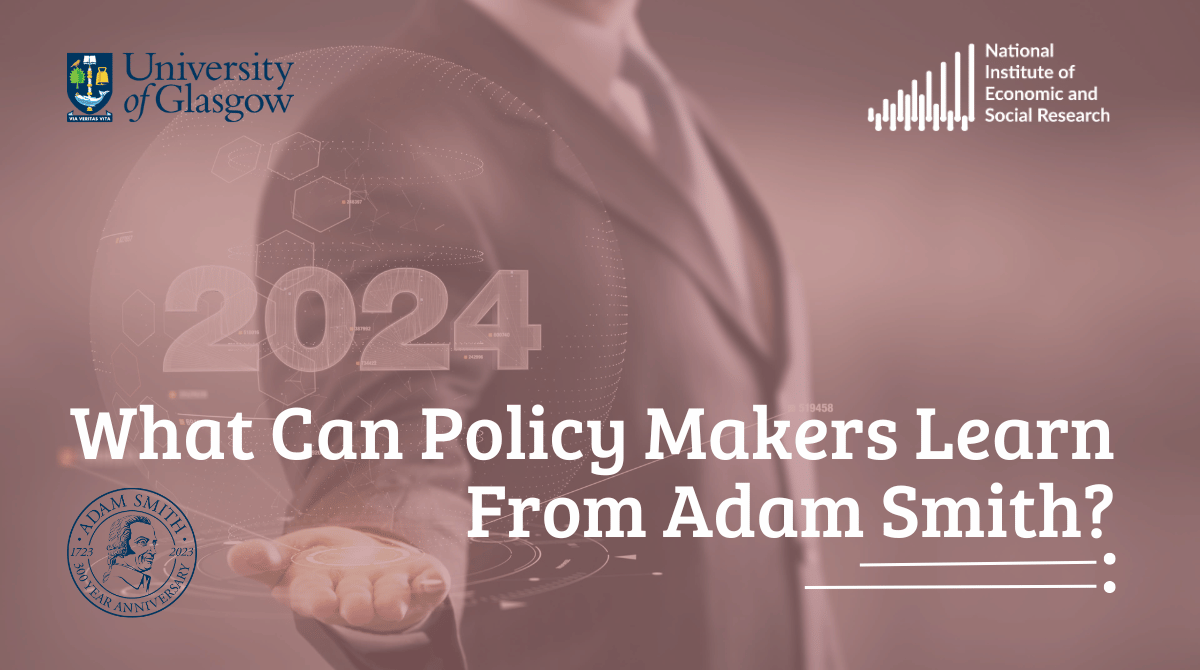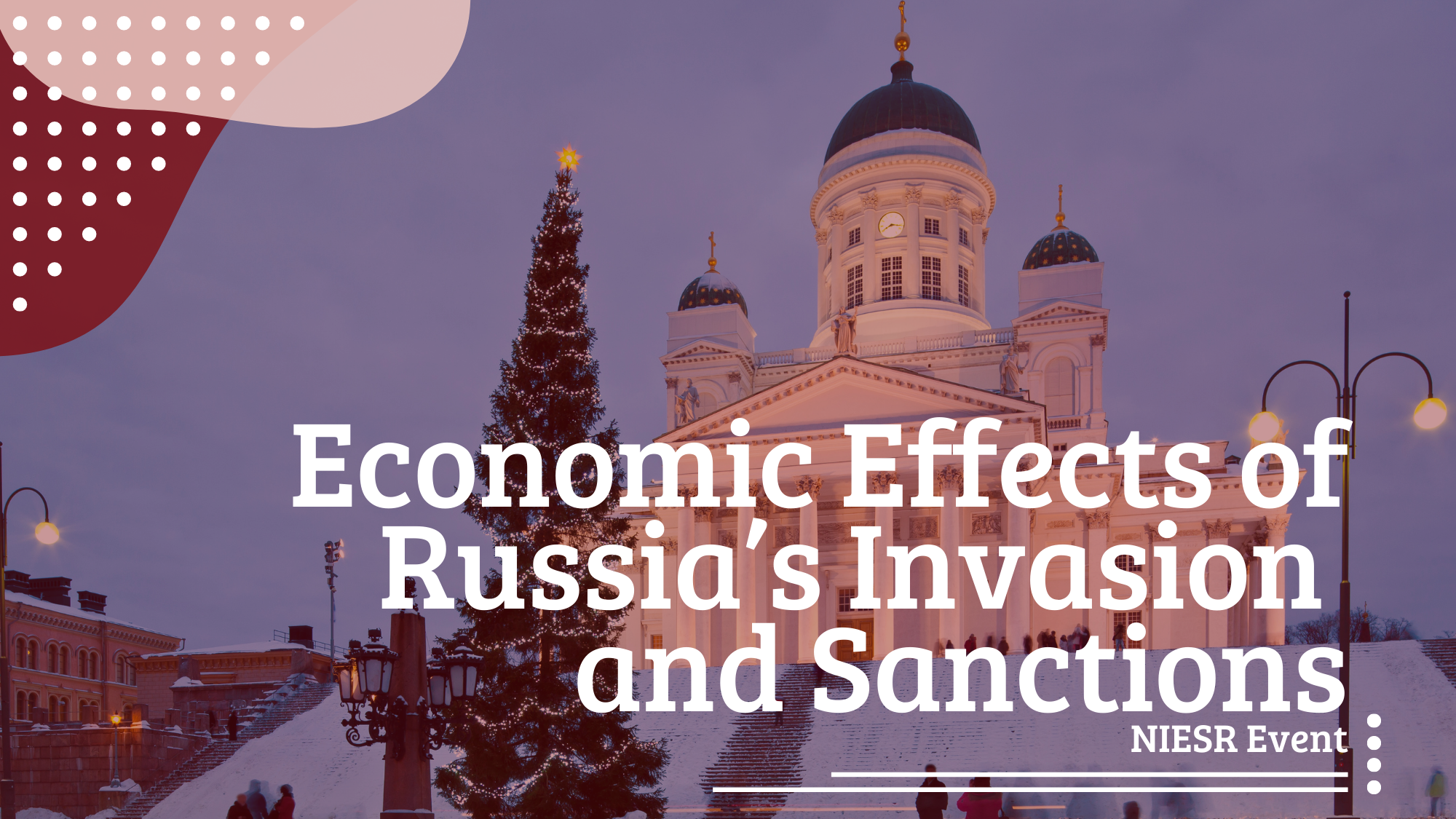Populism and the ‘Narrow Corridor’ of Liberty and Justice
The promises and the perils of populism is our theme. It is a cautionary tale, written in the troubled time of Donald Trump.
 Pub. Date
Pub. Date
 Pub. Type
Pub. Type
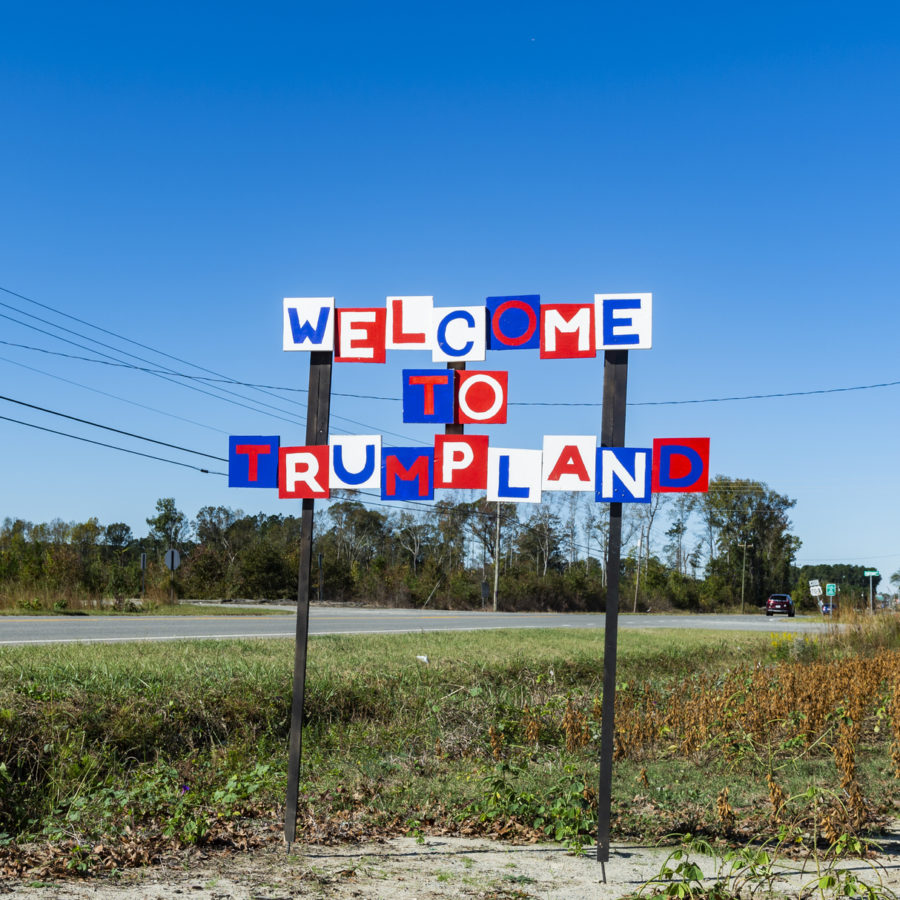
Main points
- We use the framework of Daron Acemoglu and James Robinson who see liberal democracy as inherently fragile, with the requisite balance between the power of the state and the power of the people lying in what they call a Narrow Corridor.
- Ken Binmore reassures us that cooperative game theory supports the viability of social contracts suited to this Narrow Corridor; but we focus on the challenges posed by Populism.
- With its claim to speak directly for the people, Populism may act as a wake-up call for democracy.
- But Populism can act so as to overwhelm multi-party systems - by promoting the tyranny of the majority; or, more commonly, by handing power to a populist who mutates into a self-serving autocrat, like Victor Orban of Hungary.
- How such autocrats will use their power is a key issue of our time: will they act as ‘informational autocrats’ running illiberal but efficient systems; or as corrupt and repressive tyrants in the mould of Josef Stalin?
We consider Populist responses to matters of social concern using a framework much like that of Daron Acemoglu and James Robinson’s Narrow Corridor – where a delicate balance of power between state and people sustains liberty and justice. Despite Ken Binmore’s reassurance that cooperative game theory supports the viability of suitable social contracts, recent evidence highlights the risk that Populism may push a country out of this Narrow Corridor.
For Populism can challenge multi-party systems by promoting the tyranny of the majority; or, indeed, by handing power to charismatic would-be autocrats- as we indicate using a biological model of ‘competing species’.
A political system of ‘checks and balances’ can play a vital role in keeping the society within the Narrow Corridor. But a key issue of our time is whether leaders operating outside such a corridor choose to practice what Sergei Guriev and Daniel Treisman call ‘informational autocracy’; or to implement brutal repression in the mould of Josef Stalin.

